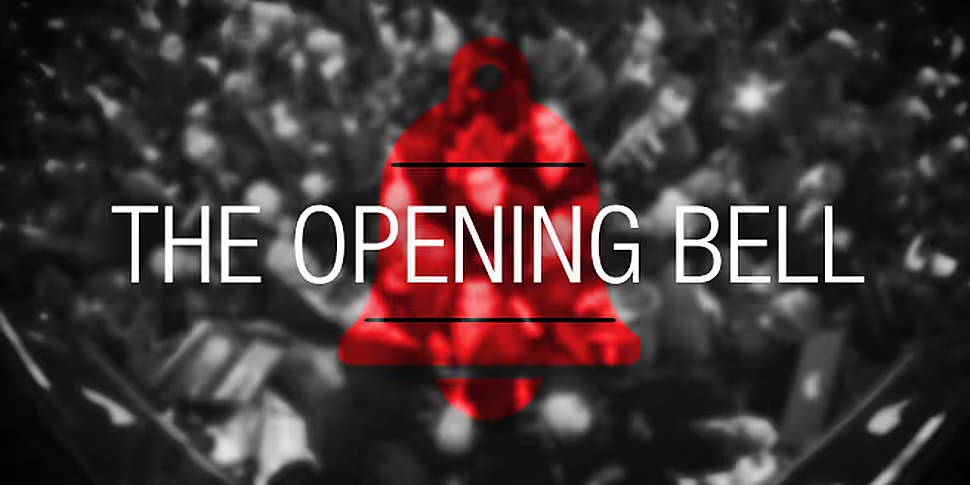The IMF’s latest report on Ireland has raised concerns about the commercial property sector.
It said that while the market has rebounded, an influx of foreign money could “easily reverse if market sentiment changes.”
It adds that this could result in a sharp drop in commercial property values which would be dangerous for Irish lenders.
The IMF says that Irish authorities need to monitor commercial real estate lending - and to be vigilant for signs of new market imbalances emerging.
The organisation also supported the Central Bank’s mortgage deposit rules and said they are having a positive impact - and that the requirements should be maintained.
______________________________________________________
The Irish Independent reports that Eir will speed-up its rolling out of fiber broadband to 300,000 rural premises across Ireland.
The company says it can be completed by the end of 2018 - one year ahead of schedule.
Beyond eir’s investment plans, The National Broadband Plan will bring high-speed internet to 927,000 homes and businesses in rural areas.
A public contract will be awarded to one of three short-listed bidders, Eir, Vodafone or eNet.
______________________________________________________
The Financial Times reports that the US department of Justice hopes to agree a settlement which will see multi-billion dollar fines paid by Barclays,Credit Suisse and Deutsche Bank before the US Presidential Election in November.
It sources say that the Department hopes to combine the settlements for mis-selling mortgage securities into a single announcement.
The Department is seeking $14bn from Deutsche Bank - this demand has sent shock-waves across financial markets - although the bank maintains that it expects its final pay-out to be significantly lower.
DB’s shares hit a 33-year low earlier in this week.
Meanwhile, Barclays has held £2.5bn to deal with on-going investigations, while Credit Suisse has set $1.82bn aside.
______________________________________________________
1980's babies are now only half as wealthy as those born in the 70's were at the same age.
The UK based Institute for Fiscal Studies says people now in their early 30's are worth an average of €31,000 - including housing and pensions.
People born the decade before were worth €61,000 at the same time in their lives.
It's being blamed on a stagnation in working-age incomes, and the financial crash hitting young adults the hardest.









